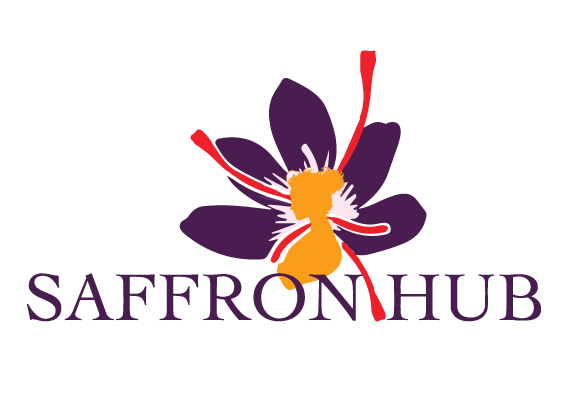Saffron Hub
Newcomer Food Box Program
Overview
The Newcomer Food Box Program delivers culturally sensitive meals and food items to newcomers in need. Food security is an ongoing issue for newcomers as it disproportionately affects newcomers in Canada. This adds to the burden of socio-cultural challenges they are already facing as newcomers. This situation is important to Canada as the country welcomes a large number of newcomers each year. Canada usually welcomes approximately 250,000 new permanent residents to Canada each year; in 2021 the country welcomed more than 401,000, surpassing the previous record from 2013.
Newcomers (including recent immigrants, refugees, undocumented workers and international students) are vital to the Canadian economy. Despite this importance these newcomers often face more food insecurity hurdles, driven in part by the uncertainty that comes with living in a new place, adjusting to a new culture, language barriers and other struggles. Also when newcomers arrive in the country acquiring a steady source of food is often a lower priority than other tasks such as securing housing or a steady income source. Often newcomers are precariously employed and may not have access to culturally appropriate foods and food practices important to building successful connections in their new communities. Addressing these barriers can assist these newcomers and their situation.
Certain cultural/racial groups are disproportionately affected by food insecurity. The prevalence of food insecurity is highest among the Black population followed by the First Nations off reserve, Inuit and Métis Peoples, the Latin American population, and the Arab and West Asian population.
A number of issues can come from food insecurity. It often contributes to a poor diet which results in a myriad of chronic health conditions. Food insecurity is associated with an increased risk of developing type 2 diabetes and gestational diabetes and compromising the management of type 1 diabetes and type 2 diabetes. Individuals who are food insecure may consume a less diverse diet dominated with more inexpensive food choices that are high in energy, sugar, and saturated and trans fats, leading to weight gain and poor glycemic control. Studies also suggest there is a direct link between food insecurity and adverse mental health outcomes, part of it due to the uncertainty people face as they struggle to meet their needs.
Emerging research, as well as our experience working with newcomer communities, suggests cultural food security is key to newcomers’ sense of identity and personhood, connection to linguistic and cultural communities, nutritional status and grounding in their new communities. It has been found that settlement services and programming for newcomers tend to focus on skills training and employment. They often overlook the ways that access to culturally meaningful food and traditional food practices are important to newcomers’ settlement. Compassionate and just settlement support means that there needs to be a transformation of the dominant food system into one that embraces a focus on health, well-being and dignity for newcomers, rather than the commodity-driven, cheap food system.
